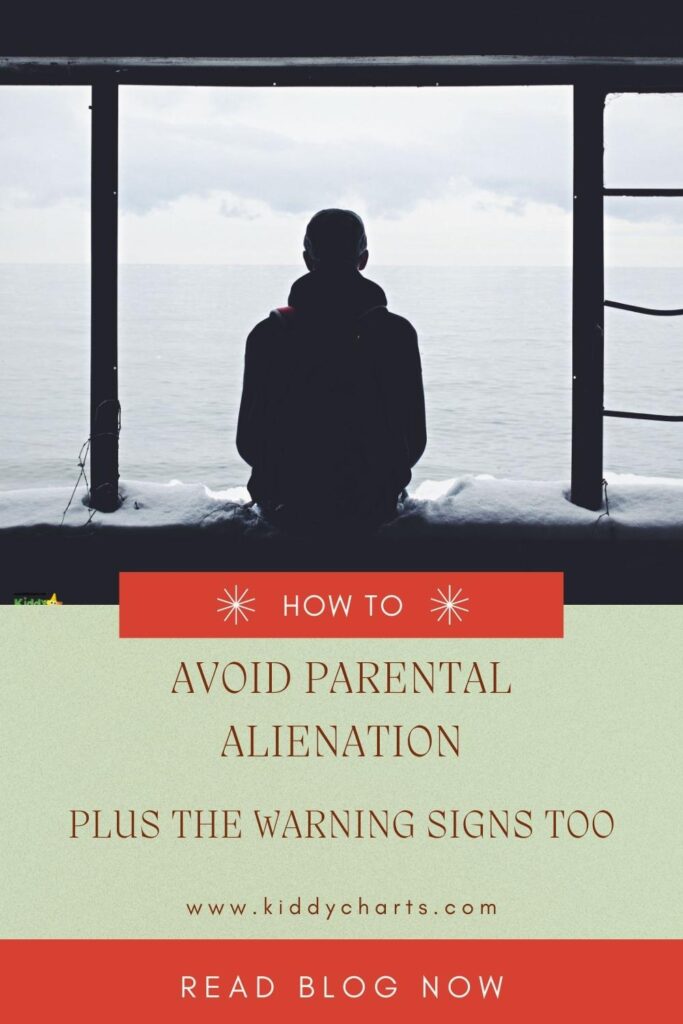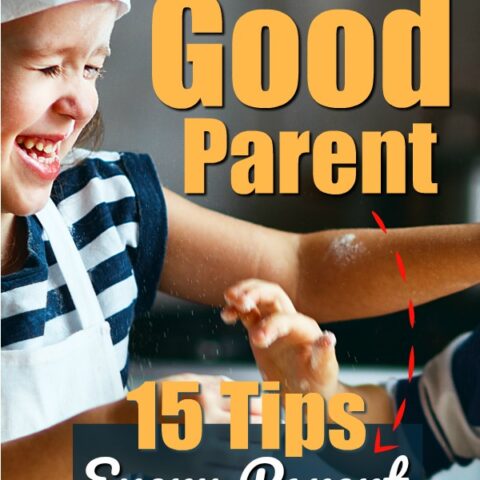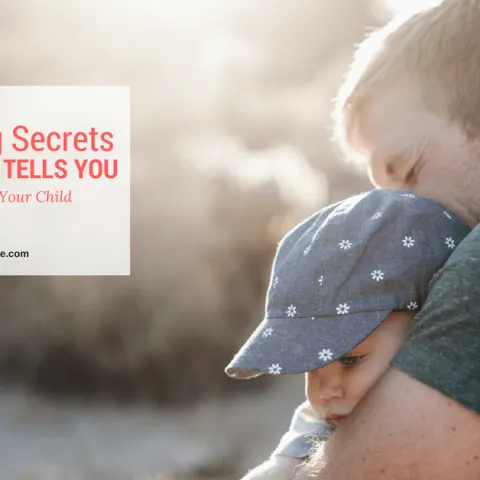This is an incredibly important article, written by the author, of The Invisible Parent; which is a true story of how a father lost contact with his children. And those children really, really needed him in their lives, but he was shut out by his ex-wife. It is a heart-breaking book. The author hopes that others will be able to learn from his experiences of Parental Alienation, and that telling his story will make it easier for other parents fighting to see their kids. Here, he defines it and explain the warning signs of parental alienation, in an effort to stop it from happening to others.


What is parental alienation
Parental Alienation typically happens after a couple has separated / divorced. There is no magic bullet to avoiding parental alienation but certainly there are tips I can share that will help for those considering separation or divorce. An amicable separation doesn’t necessarily mean that there will be no parental alienation down the line. Sometimes, parental alienation occurs when one of the separated parents embarks on a relationship with a new partner. However, if a separation can be amicable long-term parental alienation is, of course, less likely. Here are five tips to help people achieve a more amicable divorce:
- Be constructive and try to separate away from who is at fault,
- Focus upon how to be civil and co parent,
- Expect friends and family to take sides,
- Never allow lawyers to make things worse for their own profit, and
- Always put the kids first and make them feel safe.
Once a couple decide divorce is the only solution, it’s critical to move forward and not to re-live the reasons for the split. For example, most people will want to know what went wrong and who was at fault, but this is private and will only add to complexity if there has been an affair. It’s important to draw a line in the sand and try to be amicable in the context of creating a safe environment for the children to enjoy post-divorce.


Friends and family will fall into two camps:
- Those who want to see everyone happy in the long term and want to help solve problems, or
- Those who seek to amplify problems and cause more harm.
It is important to understand which camp people are in and one is often surprised with the reactions of friends and family as they can fall into either category.
Then it is important to make sure lawyers do not make the problems worse. An industry where people are paid for time. Meaning, lawyers will generally delay the process and add complexity to earn more money – this is critical to understand because it will have a direct impact on how you co-parent and how the children feel.
Also, there are a number of new and innovative ways to divorce now and it is advisable to agree the solution between yourselves and use one lawyer to help document the desired outcome.
There are two very basic principles:
- Agree finances knowing it will never be perfect but aim to be 90% happy given the argument for that last 10% will throw everything off balance, and
- Create a solid and workable framework for the kids that shows you are both good parents.
Never let lawyers take control of the situation and avoid court at all costs because it is expensive and will harm the children going forward.
5 tips for parents going through parental alienation (the warning signs for parental alienation)
Finally, I’d like to share some advice for parents who believe they are going through the early stages of Parental Alienation.
- Never make the kids feel they need to take sides
- Read as much as you can on Parental Alienation (links below)
- Try to aim for 50/50 time where possible
- Work with the school as soon as possible
- Be consistent in your approach.
Parental Alienation is the psychological manipulation of child by a parent to create rejection of the other parent. It is a very damaging form of abuse and happens to both mothers and fathers but ultimately harms children in all sorts of ways.


The CAFCASS definition
It’s hard to define what ultimately drives a parent to harm their own children and to use them as a weapon in the context of divorce, but it happens all too often and typically it is the resident parent who poisons the children against the non-resident parent. This process happens by stealth at the beginning which is why it is important to be aware of the warning signs and make sure you do plenty of research.
In general, the alienator will go to extreme lengths to convince the children that the other parent is not someone they should love. It creates something called psychological splitting and the leading experts on the topic – Karen Woodhall and Dr Steve Miller (USA) – are both court appointed experts on the subject of Parental Alienation. It is strongly recommended that any parent feeling like there is some form of alienation reads their work which is freely available on the internet.
Additionally, there is good support from Only Mums and Only Dads who see these behaviours regularly.
What are the warning signs of parental alienation
The warning signs of parental alienation are:
- The alienating parent will feel they “own” the children and that the other parent has to conform to their rules.
- The alienating parent will interfere with contact as much as possible with phone calls and messages to the children asking them how they feel.
- The alienating parent will make contact difficult for frivolous reasons.
- The children will feel they are not “allowed” to enjoy time with their other parent.
- The alienating parent will always quiz the children after they spend time with the other parent.
- The alienating parent will look for problems where they don’t exist.
- The alienating parent will convince the school that the other parent is a problem.
And finally, it is important to think carefully as to how one introduces a new partner to the children because this can be a potential trigger for Parental Alienation too.


Most importantly, never lose contact with your kids because it will become impossible to reconnect as the alienation gets more deep rooted and time is something that can never be replaced.
We hope that this is a helpful article, even though it is a difficult topic. For other parental advice on the site, do check out these ideas:
General parenting tips from KiddyCharts
More tips from KiddyCharts that might help you to stay a bit saner as a parent.
4 Reasons why diversity matters to our kids today
Diversity is so important for kids - here is why and how we can help.
How self-care makes you a better mom
It is so important to look after ourselves, and this is why.
5 Reasons kids get angry and what we can do about it
Kids get cross. Why, and what we can do to help.
Here are some other ideas from elsewhere too:
More parenting posts from KiddyCharts and the web!
If you're looking for more advice on parenting and parenting posts check out these articles.
5 Positive Parenting Tips for Mums and Dads
Learn more about the positive parenting philosophy with this article on 5 positive parenting tips for Mums and Dads.
Parenting tales from the sofa: helping children with change
Helping your child cope with change is an important part of parenting and parenting skills - read on for more.
Three reasons to chuck out the parenting manuals right now!
Parenting is a lot about instinct so why not chuck out the parenting manuals right now - here are 3 reasons to do so!
Practical Parenting Tips - A Mother Far from Home
A Mother far from Home shares some practical parenting tips to make your adventures in parenting easier.
15 Good Parenting Tips · Pint-sized Treasures
Check out these 15 parenting tips from Pin Sized treasures.
8 Insider Parenting Secrets Nobody Ever Tells You
Your Kids Table shares 8 inside parenting tips you should know.
If you like what you see here, do sign up to our newsletter for articles as they are released on the site:
We’d love to see you again.
Take care,
Helen






















